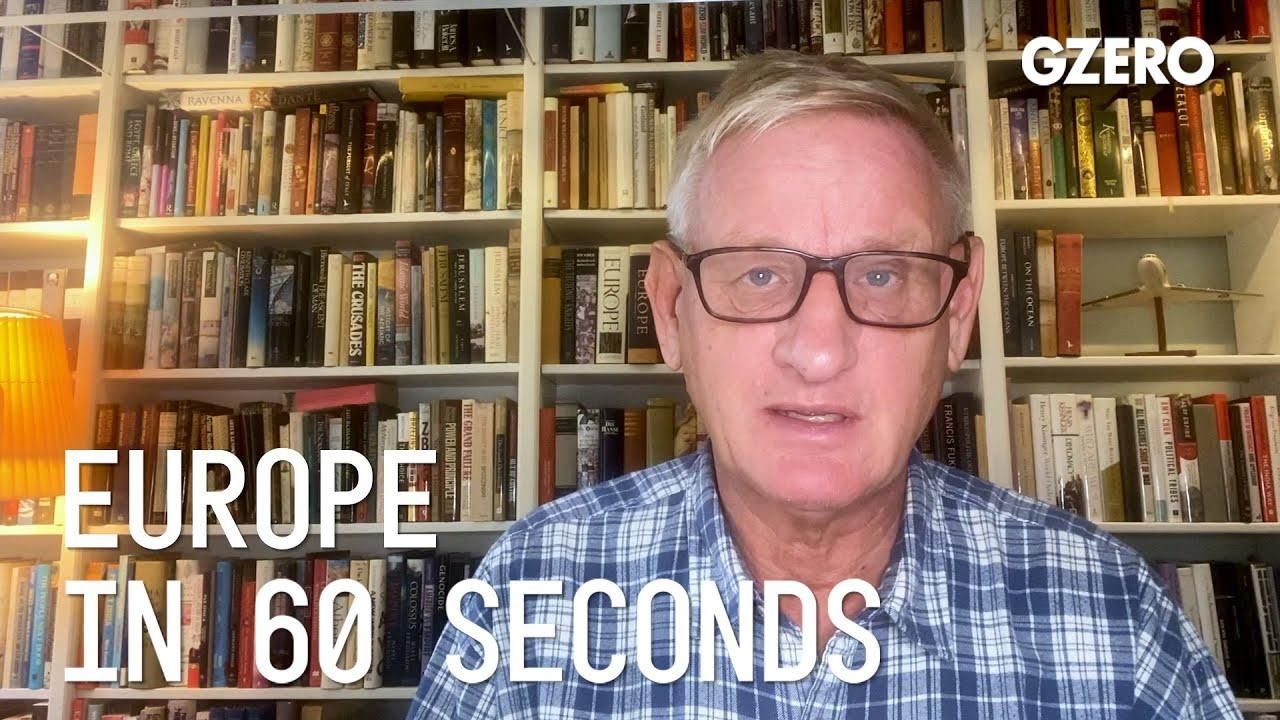
Carl Bildt, former prime minister of Sweden, shares his perspective on European politics.
What were the main points of the commission President Ursula von der Leyen's State of Europe speech?
Well, the first point was obviously support for Ukraine in different forms. And she highlighted in particular the need to get Ukraine full access to the European internal market, thus facilitating the long-term development of the Ukrainian economy. The second item that she dealt with quite a lot was, of course, the energy crisis in order to bear and handle the winter as the Russians are cutting the gas.
Second question: what's going to happen in Sweden after the recent election?
Yes, governance is going to be somewhat tricky. The outgoing government clearly had no possibility whatsoever to continue. It lost its parliamentary majority but it is supporting possibilities. And that will now, in all probability be formed a minority non-socialist government, the Sweden Democrat, the National Conservative Populist Party that has been gaining in strength and now 20% of the vote, will in all probability be outside of the government. But there will have to be some sort of support arrangement. That's a novelty for Sweden. But this system or model of governance that we've seen practiced in Denmark a couple of times before, as well as in other Nordic countries. So new for Sweden, not that new for the Nordic world.